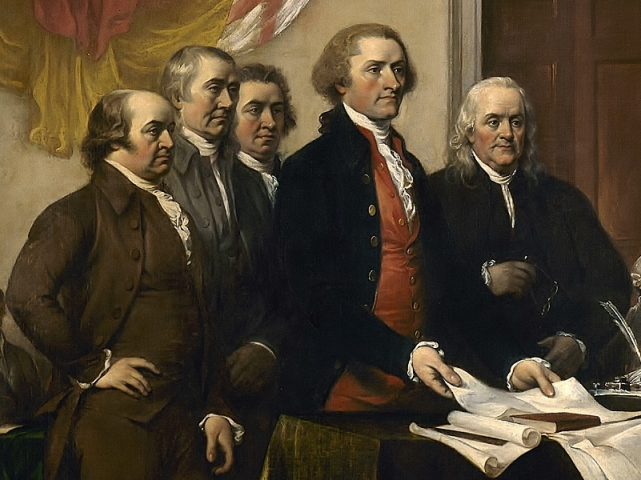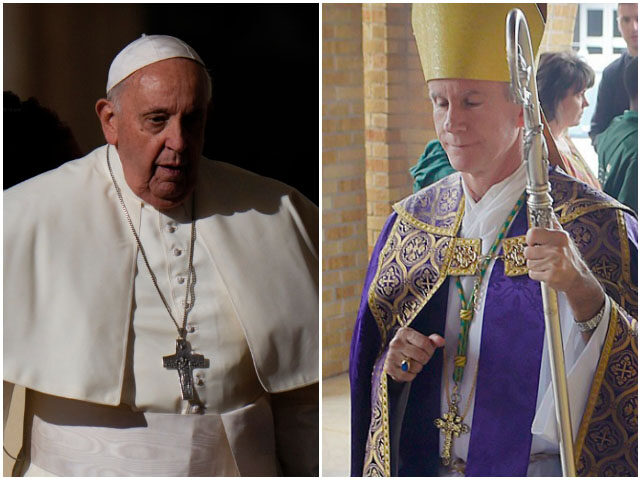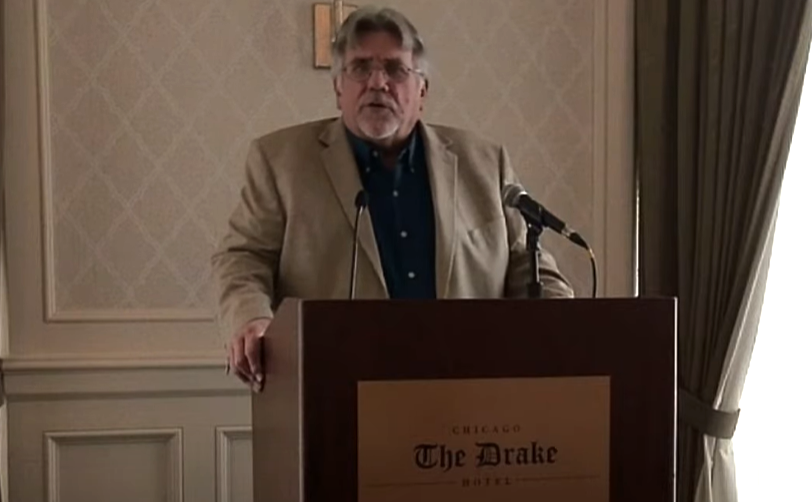Three Liberalisms: The Good, the Bad, the Disastrous, by Michael Pakaluk

ATLANTA, GEORGIA! Dramatic Video Shows Police Saving Abandoned Newborn Baby Wrapped in Plastic Bag (Watch Video)
June 27, 2019
How US Bishops’ Vote on Death Penalty in Catechism Contradicts Word of God, by Peter Kwasniewski
June 27, 2019
*Image: “The Committee of Five” [detail] from The Declaration of Independence by John Turnbull, 1818 [U.S. Capitol Rotunda, Washington, DC]. Presenting the Declaration [to John Hancock, not shown here] are John Adams on the left, Thomas Jefferson in the center, and Benjamin Franklin on the right, with Roger Sherman and Robert Livingston behind.
By Michael Pakaluk, The Catholic Thing, June 27, 2019
 One liberalism is a personal style and way of life. It means favoring strong-mindedness and independence of thought. These require good education and, especially, a good culture. It means aiming to be genial, frank, and magnanimous – traits that I see especially among good businesspersons today (not academics, alas!). I embrace liberalism in this sense, and I suspect you do too. Before the French Revolution, the word “liberal” was used exclusively in this sense. Thus, people sometimes call it the “classical” meaning of liberalism.
One liberalism is a personal style and way of life. It means favoring strong-mindedness and independence of thought. These require good education and, especially, a good culture. It means aiming to be genial, frank, and magnanimous – traits that I see especially among good businesspersons today (not academics, alas!). I embrace liberalism in this sense, and I suspect you do too. Before the French Revolution, the word “liberal” was used exclusively in this sense. Thus, people sometimes call it the “classical” meaning of liberalism.
Another liberalism is an approach to institutions. You can call it a “philosophy,” if you wish, but only in the sense in which an intuitive rule of thumb is a philosophy. To be a liberal in this second sense is to be implicitly against centralization and absolutism, and in favor of pluralism of power, shared governance, and persuasion and cooperation as modes of social order. You favor anything that disperses power. Thus, competition is favored; also, “spontaneous order.” Monopolies are disfavored, including monopolies of preference, such as ranking systems or uniformity of products.
On this second conception, you also instinctively side with the little guy. Something is gravely wrong when “flyover country” counts as nothing. Domestic life and cultivating one’s garden look good, in contrast, as a protest against the large-scale. Small is beautiful. The “ordinary” is, after all, God’s standard intention.
The American founding was profoundly liberal in this second sense. Federalism and the separation of powers work to disperse authority. Republicanism makes persuasion and compromise necessary. The recognition of religious freedom opens up entire spheres of human life where human government has no competence. An agrarian society, so dependent on variations in land and climate, has a naturally diverse economy.
Obviously, these first two liberalisms go together. The independence of thought and good education required by the first are necessary for the practical realization of the second. But “liberal” institutions in the second sense also tend to produce citizens with “liberal” characters – think of Norman Rockwell’s painting, Freedom of Speech– a working man standing up at a small-town public meeting (independence of thought), who has some kind of folded document in his pocket, which he has studied (education), and who addresses his peers face-to-face (geniality and frankness).
As a Catholic who is an American I heartily embrace liberalism in this second sense too, and I suspect you do as well.
Liberalism in both these senses never “failed.” Rather, they “succeeded” quite stupendously for three centuries in our nation’s history. They succeed today handsomely, for example, in home-schooling households and associated institutions.
But they depend upon liberalism in a third sense. If this third kind fails, or more precisely is abandoned, or not cultivated, then all three will eventually go down – not in the manner of an inevitable working out of an implicit logic, but in the manner of a communal collapse.
The popes have told us this. They gave a simple and clear diagnosis. And I am astonished that in discussions of “liberalism” among Catholics these important teachings are ignored.
Liberalism in the third sense is a firm conviction of human freedom as rooted in the authority of God, and of nature as an expression of God’s purpose in creation. It claims that human practical reason is already imbued with a lawfulness, having the character of something set down from above (so-called “natural law”). We do not construct this law, but find it. It claims that all authority capable of binding the conscience derives ultimately from God.
This third liberalism regards God, the good angels, and the saints as exemplars of freedom.
Hence freedom does not include, but strenuously excludes, doing evil. Hence the most serious attack on freedom comes from sin. “Liberation is first and foremost liberation from the radical slavery of sin,” wrote Cardinal Ratzinger about theologies of liberation, one type of false liberalism. And Pope Leo XIII in Libertas, his encyclical on liberalism, quotes Our Lord, “Everyone who commits sin is a slave to sin.” (Jn 8:34)
As a Catholic, I embrace this third liberalism. As an American, too, I embrace it. To refer to God as “nature’s God” is to suppose that God’s purposes can be discerned in creation, and that our manners and institutions should honor and express these rather than attempt to negate them.
Likewise, the doctrine that we are endowed by God with natural rights, logically unfolded, affirms that practical intelligence is already bound by limits not its own, and that human authority is both secondary and derivative.
Generally, a liberalism that encompasses all three varieties I’ve mentioned, especially the third, is good and cannot “fail.” But any putative liberalism that rejects the third is bad and will inevitably fail. Indeed, such “liberalism” holds out a false promise and will inevitably turn into totalitarianism.
When did the fatal turn take place in our society? Was it the secularization of universities that originally had a religious foundation? Was it the influence of the jurisprudence of Oliver Wendell Holmes (as Fr. John C. Ford believed)? Or was it when Hiroshima and Nagasaki convinced Americans of the godlike powers of “science”?
“What naturalists or rationalists aim at in philosophy, that the supporters of liberalism, carrying out the principles laid down by naturalism, are attempting in the domain of morality and politics,” Leo XIII wrote in Libertas: “The fundamental doctrine of rationalism is the supremacy of the human reason, which, refusing due submission to the divine and eternal reason, proclaims its own independence, and constitutes itself the supreme principle and source and judge of truth. Hence, these followers of liberalism deny the existence of any divine authority to which obedience is due, and proclaim that every man is the law to himself; from which arises that ethical system which they style independent morality, and which, under the guise of liberty, exonerates man from any obedience to the commands of God, and substitutes a boundless license. The end of all this it is not difficult to foresee.”
*Image: “The Committee of Five” [detail] from The Declaration of Independence by John Turnbull, 1818 [U.S. Capitol Rotunda, Washington, DC]. Presenting the Declaration [to John Hancock, not shown here] are John Adams on the left, Thomas Jefferson in the center, and Benjamin Franklin on the right, with Roger Sherman and Robert Livingston behind.




